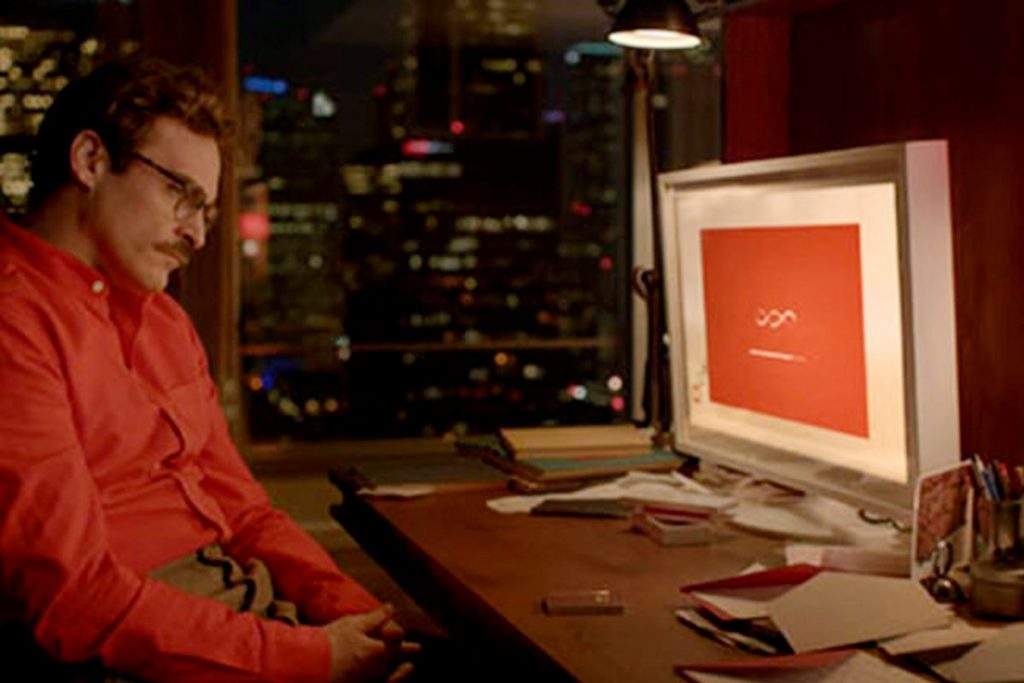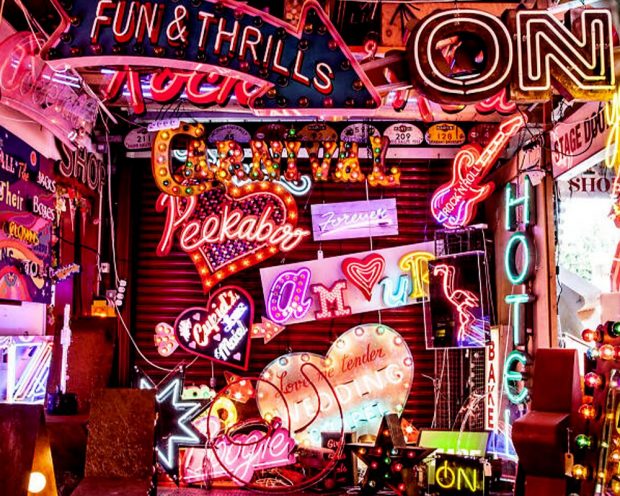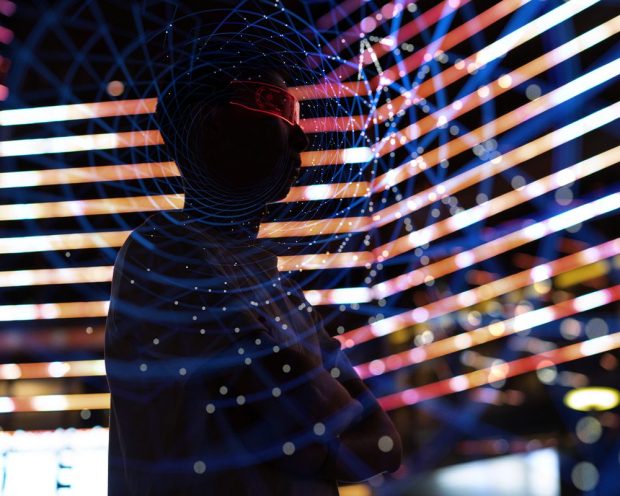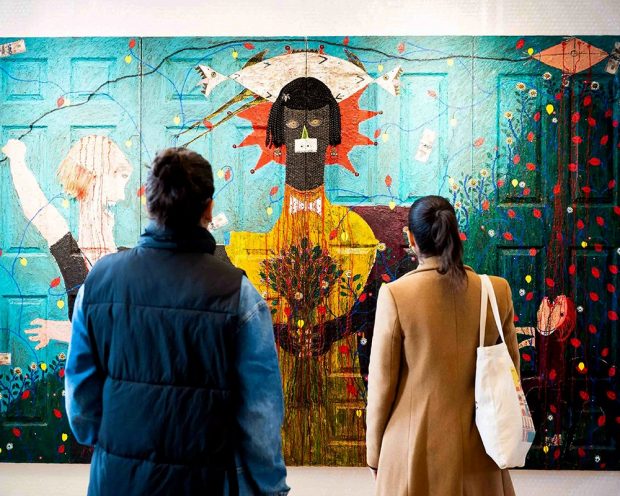We Are Living in the Anti-Social Century: Experiential Is the Antidote

The year is 2025, the same year a fictional Theodore Twombly fell for his virtual assistant in Spike Jonze’s sci-fi romance “Her.” While technology connects the world more than ever, we (like Twombly) have never been more disconnected. “Americans are spending less time with other people than in any other period for which we have trustworthy data, going back to 1965,” Derek Thompson writes for the Atlantic in “The Anti-Social Century.” We eat alone, shop alone, work from home alone and watch movies alone — and what’s more we choose to do so. Our solitude is self-imposed. As a nation, we celebrate canceled plans and embrace “bed rotting.” If you’re unfamiliar, the term, coined (naturally) by TikTok, is the practice of staying home, in bed and being unproductive, most likely mindlessly scrolling through the social media platform that went dark for a total of 12 hours before being reinstated. Though short-lived, the ban had many of us considering what a world without TikTok would look like. While content creators gnashed their proverbial teeth, others (myself included) felt an ever-so-brief sense of relief. Because, perhaps more than any other platform, TikTok is the epitome of passive entertainment and the addiction economy....


